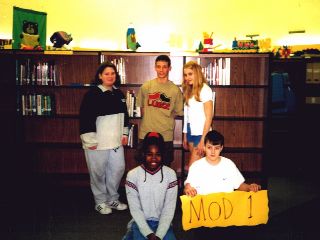What is the most popular car in Curacao? The most popular bike?
answer
How did you like living in Curacao?
answer
Are there any malls in Curacao?
answer
What are your parents like?
answer
What kinds of clothes do they wear in Curacao?
answer
How much money do you make? What type of money do they use in Curacao?
answer
What is it like to travel so much?
answer
Is soccer popular in Curacao?
answer
Does Curacao share any holidays with the Uniteds States?
answer
Why did you go back to Seattle?
answer
How old were you when you had your first girlfriend?
answer
What language is spoken in Curacao?
answer
Have you been to any Mariner's games yet?
answer
What type of food do people eat in Curacao?
answer
How tall are you?
answer
Do you want to have children?
answer
What is your wife like?
answer

